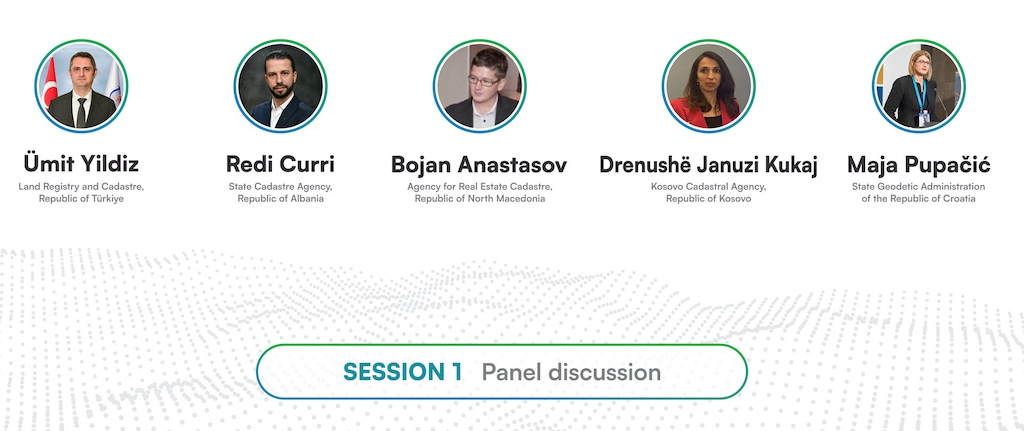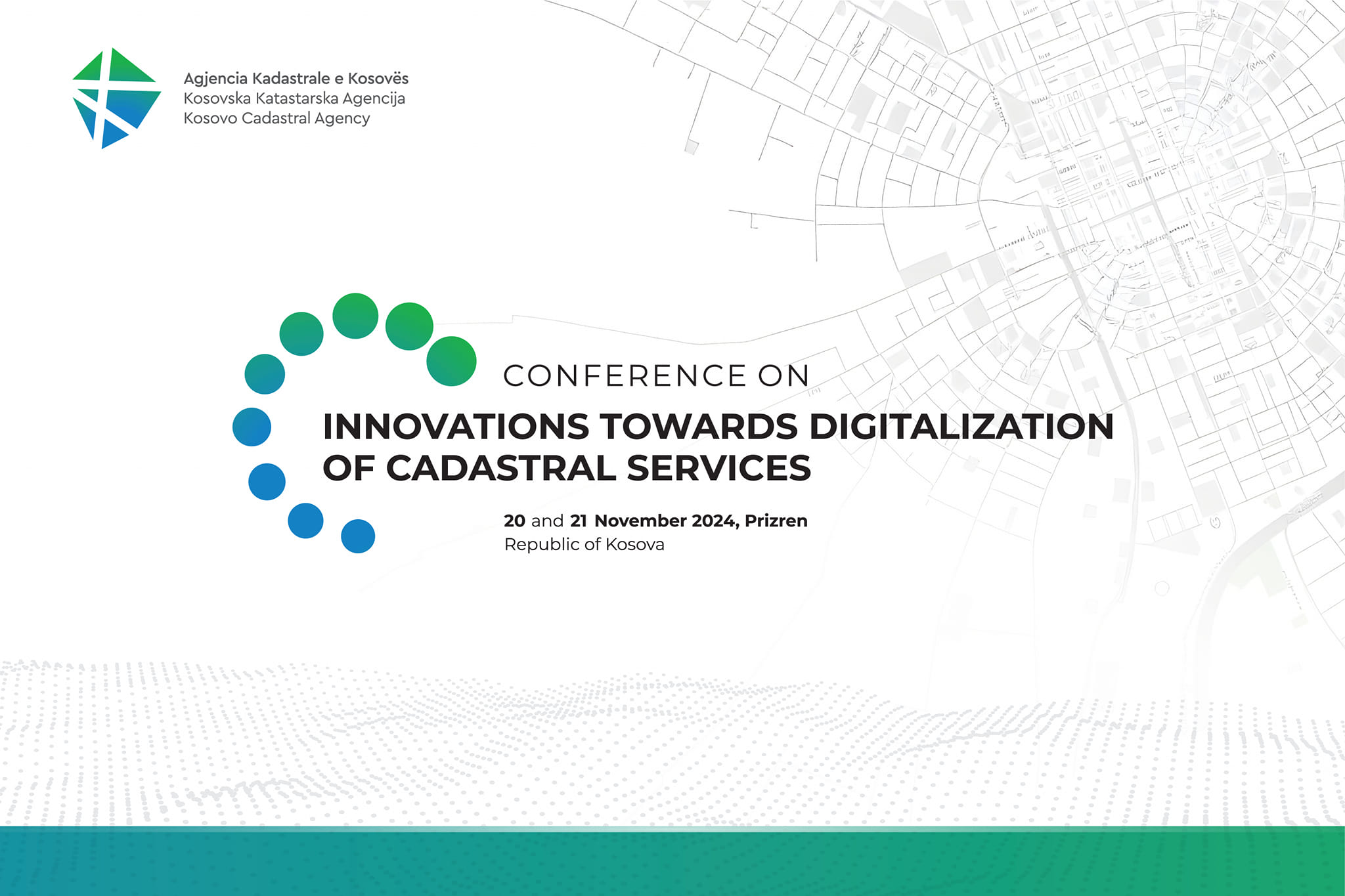Under the theme “Innovations towards the Digitalization of Cadastral Services,” this conference aimed to drive innovation and excellence in the field. Over two days, participants explored the latest breakthroughs and advancements in cadastral technology, learning from the experiences of local and international experts. This conference provided a unique opportunity to share knowledge and discuss the transformative impact of digitalization on cadastral systems.
This event brought together professionals from across the industry to build meaningful connections and strengthen professional networks. With engaging panels and discussions with leading experts, The Kosovo Cadastral Agency (KCA) inspired participants to envision and work towards a digital cadastral system that is not only competitive regionally but also one that sets new standards across Europe and beyond.
This landmark event is a testament to KCA's commitment to innovation and leadership in shaping the future of cadastral services.
KCA is proud to lead this initiative, reaffirming its dedication to innovation, digitalization and excellence in the field of cadasters.
Sessions


Conference Photos
About the Republic of Kosovo
The Republic of Kosova, the youngest country in Europe, spans 10,877 km² in the heart of the Balkan Peninsula. Bordered by Albania, Montenegro, Serbia, and North Macedonia, Kosova is a land of striking natural beauty, framed by the Karadak, Sharr, and Bjeshkët e Nemuna mountains. Though landlocked, the modern highway connecting Prishtina to the Adriatic coast ensures access to the sea and global markets.
Kosova boasts abundant resources, with over half its land arable and one-third covered by forests. Its rivers, including Drini i Bardhë, Sitnica, and Lepenc, connect the country to three major seas: the Adriatic, Aegean, and Black Seas. Despite historic challenges, its fertile lands and natural wealth present significant development opportunities. Historically, Kosova has been a crossroads of civilizations, shaped by Roman, Ottoman, Austro-Hungarian, and Yugoslav influences. Through conflicts and transformations, the resilient Kosovar people have preserved their rich cultural heritage, ethnic identity, and language.
Agriculture remains vital, with 53% of Kosova’s territory designated as agricultural land. However, urban expansion and lignite mining for energy have impacted high-quality farmland. On the other hand, environmental conservation efforts protect approximately 8% of the country's territory, including national parks, nature reserves, and monuments, underscoring a balance between development and sustainability.
Kosova’s rich history, vibrant culture, and natural potential, position it as a dynamic country in Europe, ready to embrace for its future.



